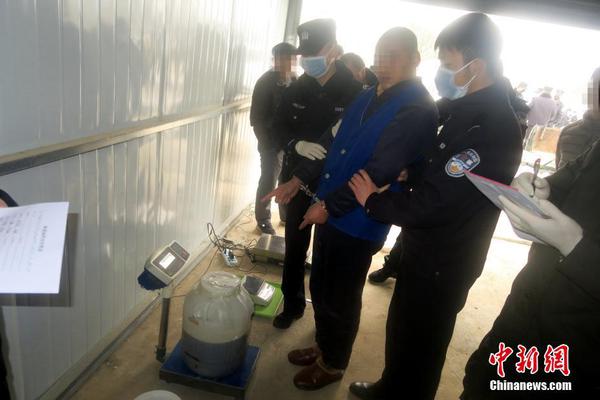【mexc us】Tether Stopper Upgrade, Maintenance, and Replacement
【mexc us】Tether Stopper Upgrade, Maintenance, and Replacement

Xexchange xex.vip

This article delves into the essential information regarding tether stopper replacement,mexc us including its significance, when it’s necessary, and step-by-step guidance for successfully replacing it. It is intended for anyone seeking to maintain or enhance the performance of their devices or equipment that utilize tether stoppers. By the end of this discussion, readers will be equipped with the knowledge to identify when a replacement is needed and how to execute it effectively.
Understanding Tether Stoppers
Tether stoppers are critical components used in various applications to prevent a cable, rope, or wire from retracting too far into a housing or mechanism, or from extending beyond a desired point. They serve as a physical barrier, ensuring that the tethered object remains within a functional range. This can be crucial in applications ranging from consumer electronics to industrial machinery where the controlled movement of a tethered line is necessary for the device’s operation.
Recognizing the Need for Replacement
Several signs indicate the necessity of replacing a tether stopper. The most common include visible wear and tear, such as fraying or breakage, experience of erratic performance, or the stopper no longer maintaining its position effectively. Additionally, upgrades to equipment might necessitate the replacement of older stoppers to meet the specifications of the newer system. Recognizing these signs early can prevent more significant issues down the line and ensure the continuous efficient operation of the equipment.
Steps for Successful Tether Stopper Replacement
Replacement of a tether stopper, while not overly complicated, does require attentiveness to detail to ensure success. Below is a step-by-step approach to effectively replacing a tether stopper:
Step 1: Identify the Correct Replacement– The first step is to procure a replacement stopper that matches the specifications of the original. This includes the size, material, and tensile strength required for the application.
Step 2: Disassemble with Care– Safely disengage any tension on the tether and carefully disassemble the components to access the stopper. This step may require specific tools depending on the design of the device or machinery.
Step 3: Remove the Old Stopper– Once the tether is accessible, remove the old stopper. If the stopper is damaged, take extra care to remove all pieces to avoid interference with the new stopper.
Step 4: Install the New Stopper– Position the new stopper at the desired location on the tether and secure it according to the manufacturer’s instructions. This may involve crimping, adhesive, or another method of attachment.
Step 5: Reassemble and Test– After the new stopper is securely in place, reassemble any parts that were removed and carefully restore any tension on the tether. Perform thorough testing to ensure that the stopper functions correctly within its intended range of motion.
In conclusion, tether stopper replacement is a vital maintenance task that ensures the functionality and longevity of equipment that relies on tether systems. Recognizing the signs that a replacement is needed and following the outlined steps for replacement will help maintain optimal performance. With the right tools and a bit of patience, tether stopper replacement can be a straightforward process that significantly contributes to the operational efficiency of your equipment.

